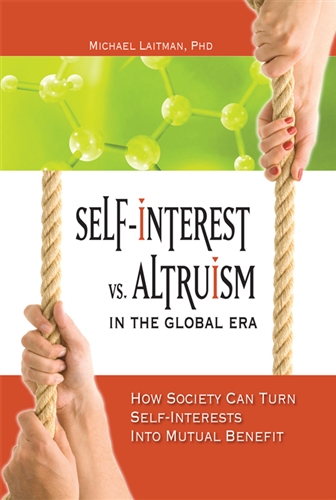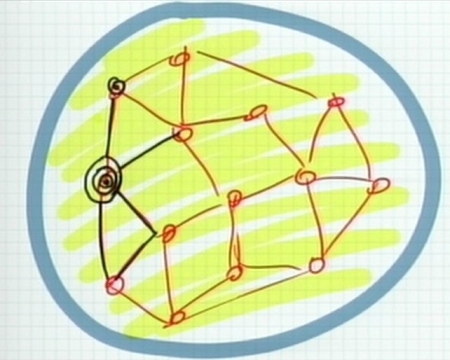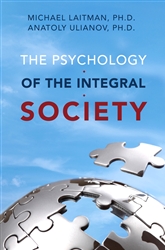
1) A group of children who have just begun assimilating this method need to be influenced through songs, dance, games, communication, forums, debates and so on.
2) For children, the process of learning about life is active and multifaceted. They have to learn how banks, hospitals, and depots work. They have to visit the zoo, fields where crops are grown, a planetarium, and so on. Then, they should discuss how all of these are interconnected. The concrete and fragmentary impressions of the world should eventually connect into a single, integral picture that will give them the impression of the world as one whole. This is aimed at giving the child the ability to see any phenomenon in the world and perceive it as part of the common whole, which will let the child make correct decisions.
3) There are no grades or evaluations. Children/people are developed the way they are. With today’s children, the most important thing is not to suppress the new capabilities that are developing in them. That is why we should approach them without any grades or other measuring scales. The only criterion should be a person’s integration with his integral environment.
4) Every person has his or her own rate of development, and thus, people cannot be compared. Some learn very fast and advance quickly, but at some point they stop progressing. Others start out having a very hard time agreeing, and understanding what the study is all about. We were created this way, so we cannot give people grades. Each of us is utterly unique.
5) When a child or any person at all participates in this process to the best of his/her ability, this alone is praiseworthy and should be the person’s only grade. Any participation has to be valued because what’s important is not one’s success, but his participation.
6) Fixed times for group meetings, activities, etc.
7) Acting. Self-analysis is the most important thing. Therefore, it is very important to teach children the skill of acting. They have to be able to step out of themselves, put their “selves” aside, and play a different role. It enables the child to impersonate and thereby understand others.
The above points were taken from the book The Psychology of the Integral Society by Dr. Michael Laitman and Dr. Anatoly Ulianov.








